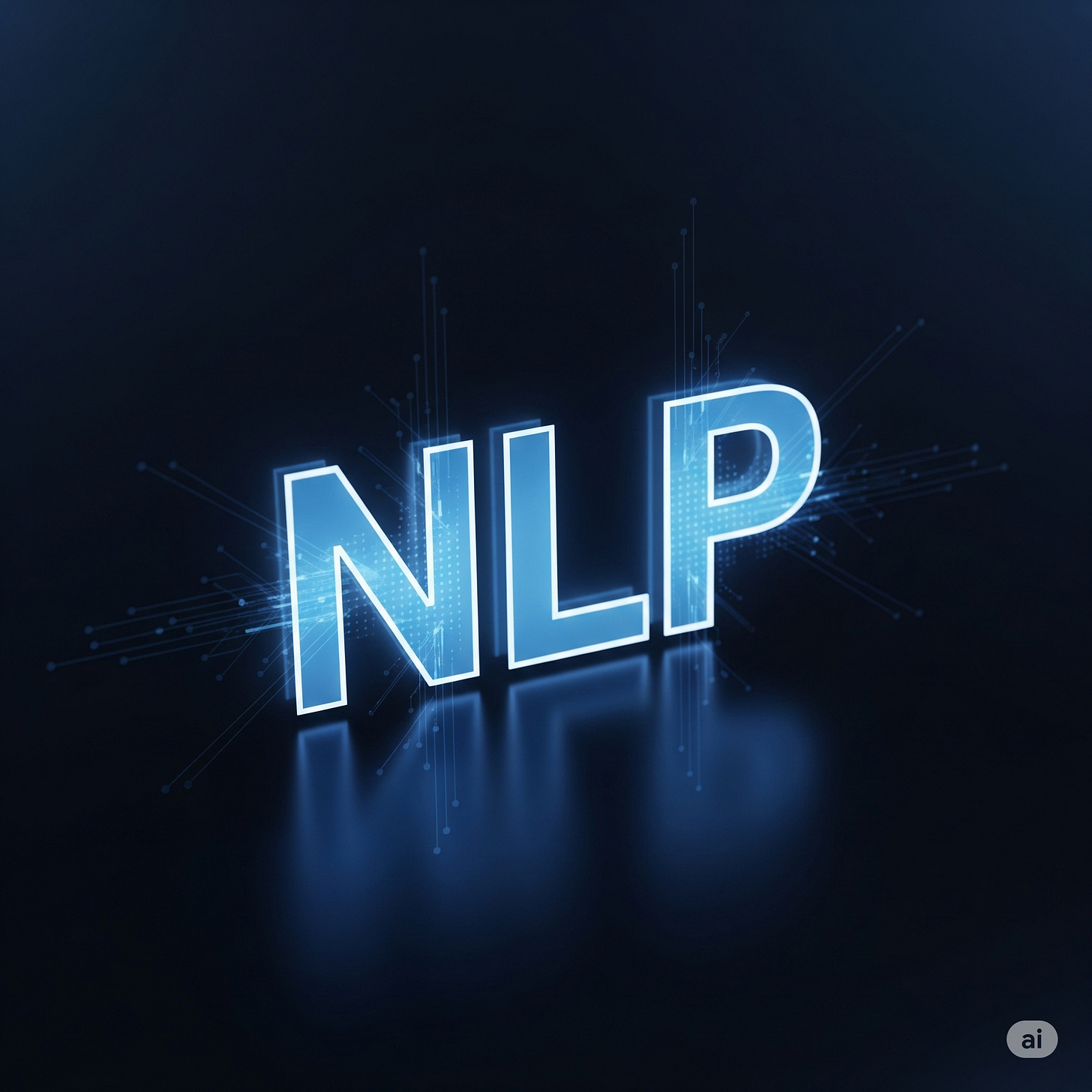How Natural Language Processing Impacts Your Rankings
In the ever-evolving landscape of SEO, search engines like Google are becoming increasingly sophisticated in understanding the nuances of human language. This is largely thanks to advancements in Natural Language Processing (NLP), a branch of artificial intelligence that enables computers to understand and process human language. Understanding how NLP works and how search engines utilize it is crucial for optimizing your content and improving your rankings.
Understanding Natural Language Processing
At its core, NLP helps computers make sense of the vast amounts of text and speech data they encounter. It involves breaking down language into smaller components, analyzing their meaning, and understanding the relationships between them. This allows search engines to go beyond simply matching keywords and delve into the intent and context behind a user’s query.
Here are some key ways NLP impacts search engine rankings:
Semantic Search: Traditional keyword-based search often struggled with synonyms, related terms, and the overall meaning of a query. NLP powers semantic search, allowing search engines to understand the meaning behind the words, not just the words themselves. This means your content can rank for a wider range of related terms, even if those exact keywords aren’t present. To optimize for semantic search, focus on creating comprehensive, high-quality content that thoroughly covers a topic and addresses user intent.
Understanding User Intent: NLP helps search engines decipher what users actually want when they perform a search. Are they looking for information, a product to buy, or a local service? By understanding the intent, search engines can deliver more relevant results. Create different types of content that cater to various user intents, such as informational blog posts, product pages, and local business listings.
Content Quality and Relevance: NLP algorithms analyze the quality and relevance of your content. They can assess factors like readability, grammar, and the depth of information provided. Content that is well-written, comprehensive, and directly answers the user’s query is favored. Focus on creating valuable, user-friendly content that provides a positive experience.
Featured Snippets and Voice Search: NLP plays a significant role in identifying concise answers to questions, which are often featured in featured snippets. It also underpins the understanding of spoken queries in voice search. Optimize your content by directly answering common questions related to your niche in clear and concise language. Use structured data to help search engines understand the key information on your pages.
Personalized Search Results: While privacy considerations are important, NLP contributes to the ability of search engines to personalize results based on a user’s past search history, location, and other factors. While you can’t directly optimize for individual personalization, creating diverse and valuable content increases your chances of ranking for a wider audience.
Optimizing for the NLP Era
So, how can you optimize your content in a world increasingly driven by NLP?
Focus on Topical Authority: Instead of chasing individual keywords, aim to become a trusted source of information on a specific topic. Create a cluster of interconnected content that comprehensively covers various aspects of your niche.
Understand User Intent: Put yourself in your audience’s shoes. What questions are they asking? What problems are they trying to solve? Create content that directly addresses their needs and intent.
Write Naturally: Forget about keyword stuffing. Write in a clear, concise, and natural language that resonates with your audience. Use synonyms and related terms as you normally would.
Create High-Quality, Comprehensive Content: Longer, in-depth articles that thoroughly cover a topic tend to perform well in the NLP era. Provide valuable insights and actionable information.
Optimize for Readability: Use headings, subheadings, bullet points, and short paragraphs to make your content easy to read and digest.
Answer Questions Directly: Identify common questions related to your niche and provide clear, concise answers within your content. This can help you capture featured snippets and perform better in voice search.
The Future is Semantic
Natural Language Processing will only continue to become more integral to how search engines understand and rank content. By shifting your focus from rigid keyword targeting to creating high-quality, user-centric content that addresses the meaning and intent behind search queries, you’ll be well-positioned to thrive in the evolving landscape of SEO. Embracing the principles of NLP is no longer just an option; it’s a necessity for achieving and maintaining strong search engine rankings.
Ready to optimize your content for the NLP era? Contact BeFoundOnAI to learn how we can help you create semantic-rich content that ranks higher and connects better with your audience.
